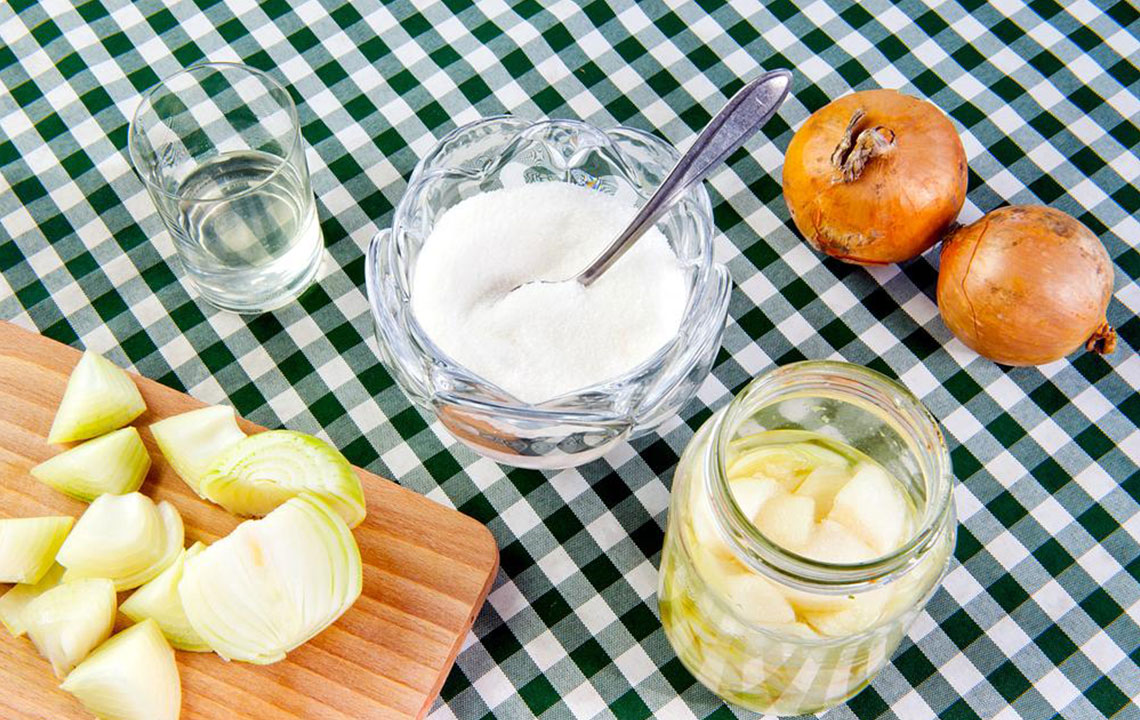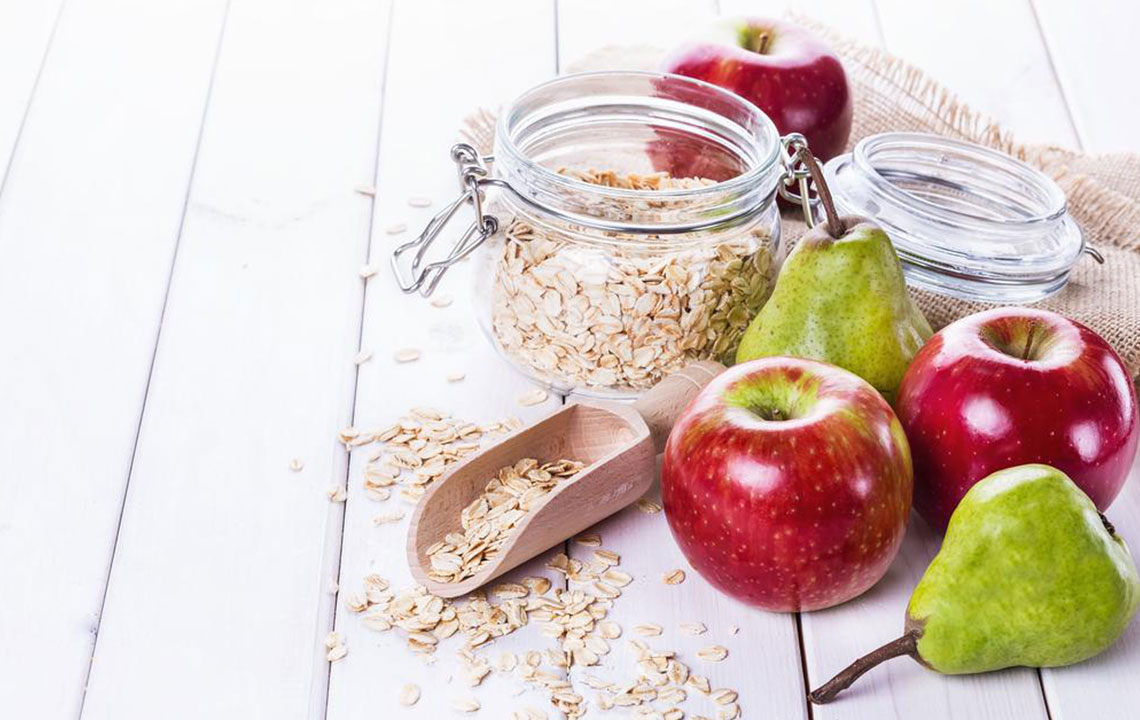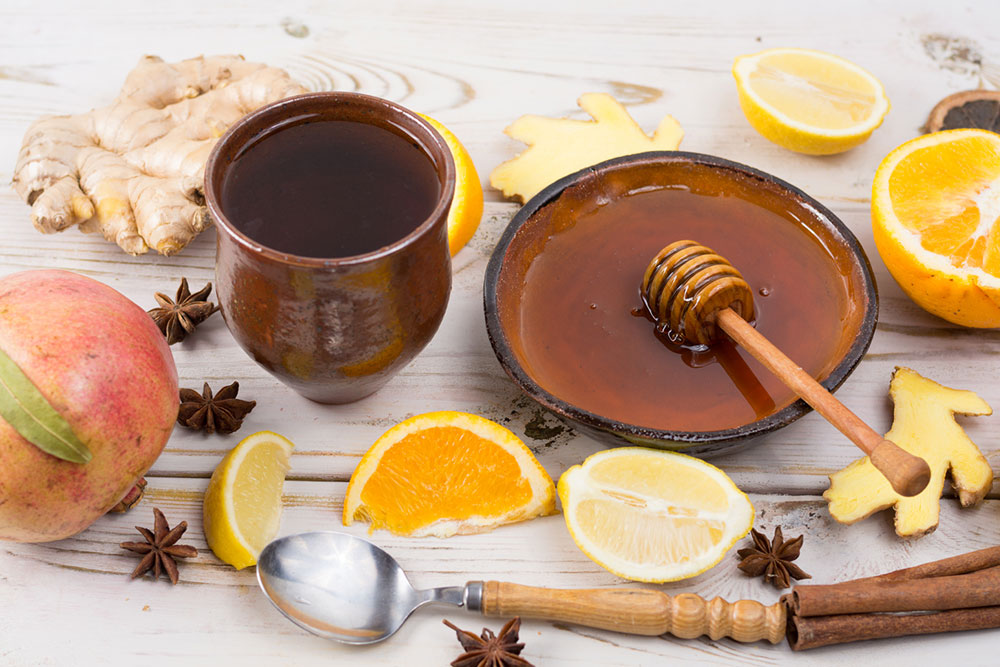Effective Home Strategies to Relieve Constipation
Discover natural and effective home remedies for constipation, including hydration, fiber, exercise, probiotics, and dietary adjustments. Learn safe strategies to improve bowel health and prevent discomfort. Always seek medical advice for persistent issues.

Natural Ways to Alleviate Constipation at Home
Determining the cause of constipation is crucial before choosing a remedy. Factors like diet, medications, lifestyle habits, or underlying health conditions can contribute to it. Understanding potential side effects of treatments is essential for safe relief.
What is constipation? If you have fewer than three bowel movements weekly, it may indicate constipation, often accompanied by bloating, discomfort, and pain during bowel movements. It can negatively impact your physical health, mental well-being, and overall quality of life.
Home solutions for constipation
Hydration:
Dehydration is a common cause of constipation. Drinking sufficient water helps keep the digestive system functioning properly. For individuals with irritable bowel syndrome, carbonated water may be particularly beneficial. However, sugary sodas should be avoided, as they can worsen constipation. Water remains one of the most effective natural remedies.
Increased fiber intake: Incorporate more fiber-rich foods into your diet to promote regular bowel movements. Fiber adds bulk to stool and facilitates easier passage through the intestines.
Dietary fibers are classified as soluble and insoluble. Insoluble fibers found in whole grains, wheat bran, and vegetables increase stool size and speed up transit time. Soluble fibers present in oats, nuts, barley, fruits, and legumes absorb water, forming a gel-like substance that softens stool. Using non-fermentable fibers like psyllium can be particularly effective. Combining both types of fiber offers optimal relief from constipation.
Physical activity: Regular exercise and walking can significantly reduce constipation by stimulating bowel function. Staying active promotes healthy digestion.
Caffeine intake: Coffee acts as a stimulant to intestinal muscles, mimicking the effect of a meal and encouraging bowel movements. Small amounts of soluble fibers in coffee may also aid gut health.
Herbal laxatives: Herbs like Senna are used as laxatives—taken orally or rectally—to stimulate bowel movements. However, they should not be used long-term and are not recommended during pregnancy or for individuals with inflammatory bowel conditions.
Probiotic-rich foods: Consuming probiotics through foods like yogurt, kimchi, or sauerkraut can rebalance gut bacteria, aiding in constipation relief. The acids produced by probiotics improve digestion.
Doctor-prescribed laxatives: These fall into categories such as fiber-based bulking agents, stool softeners, stimulant laxatives, and osmotic laxatives, each helping facilitate bowel movements in different ways.
Low FODMAP diet: This diet, effective for irritable bowel syndrome, restricts certain fruits, vegetables, grains, and dairy, while emphasizing protein and rice. Adequate hydration and fiber are also recommended.
Shirataki noodles: Containing glucomannan, a prebiotic fiber, these noodles help restore healthy gut bacteria and improve stool regularity.
Prebiotic foods: Foods like garlic, bananas, and onions contain fibers that promote healthy bacteria and help soften stools. Galacto-oligosaccharides in these foods increase bowel movement frequency.
Magnesium citrate: An osmotic laxative that, when used appropriately, can ease constipation by increasing water in the intestines.
Prunes: Naturally rich in fiber and sorbitol, prunes help relieve constipation. Sorbitol acts as a gentle laxative; however, people with irritable bowel syndrome should avoid them.
Dairy considerations: Lactose intolerance may cause constipation; switching to calcium-rich alternatives can help prevent symptoms.










